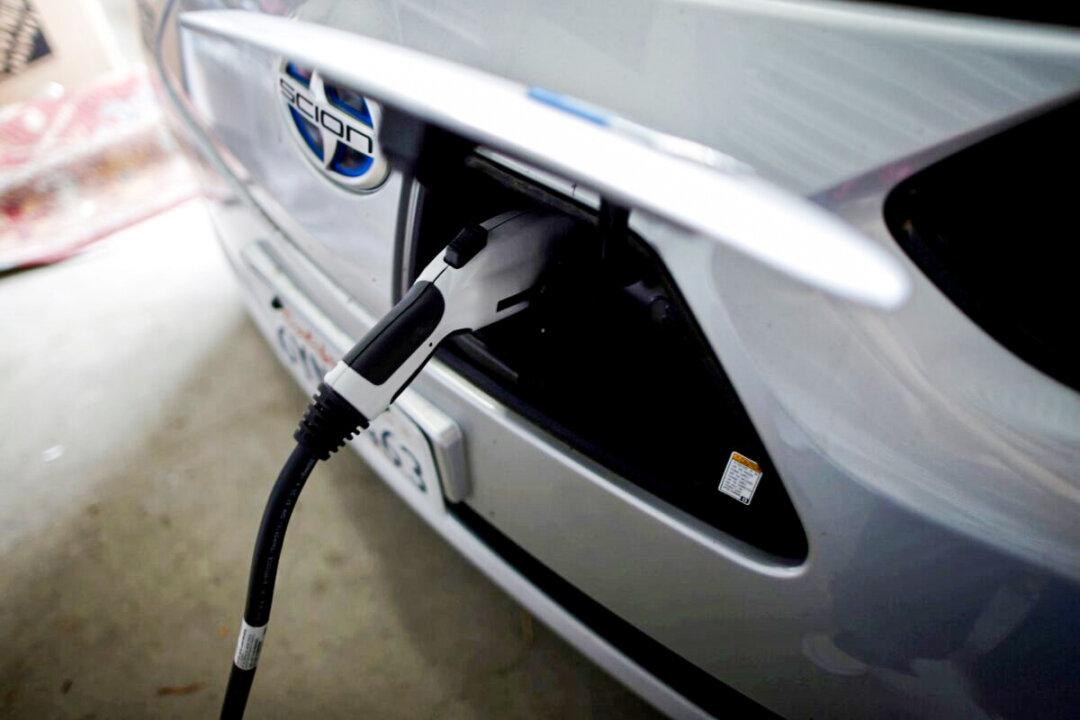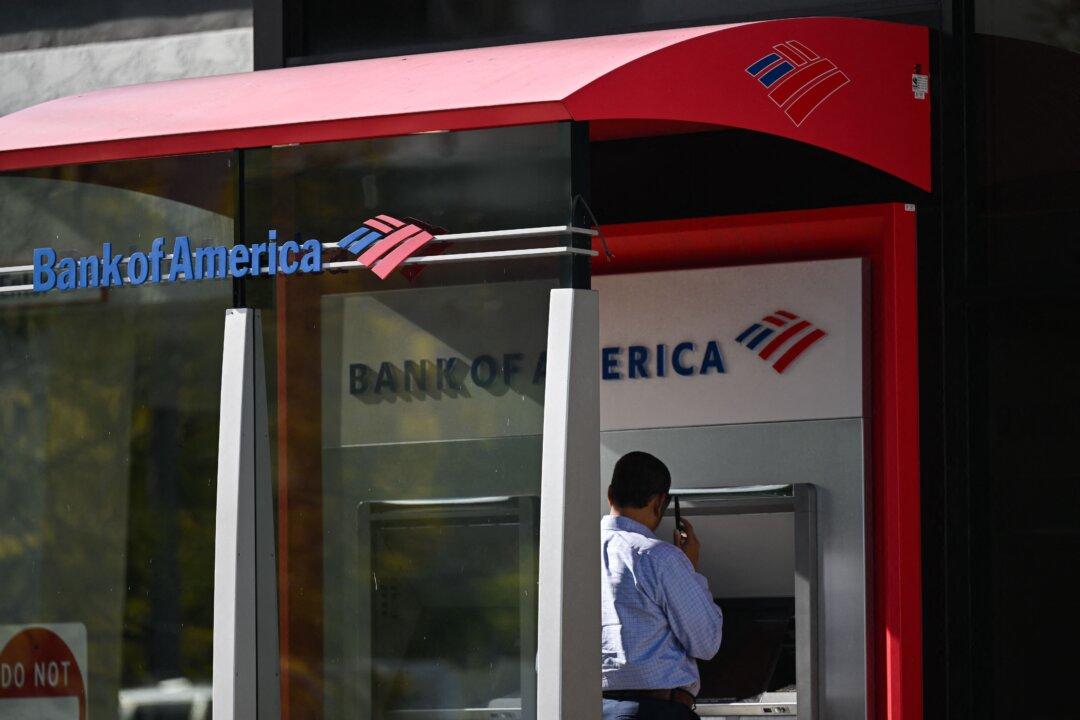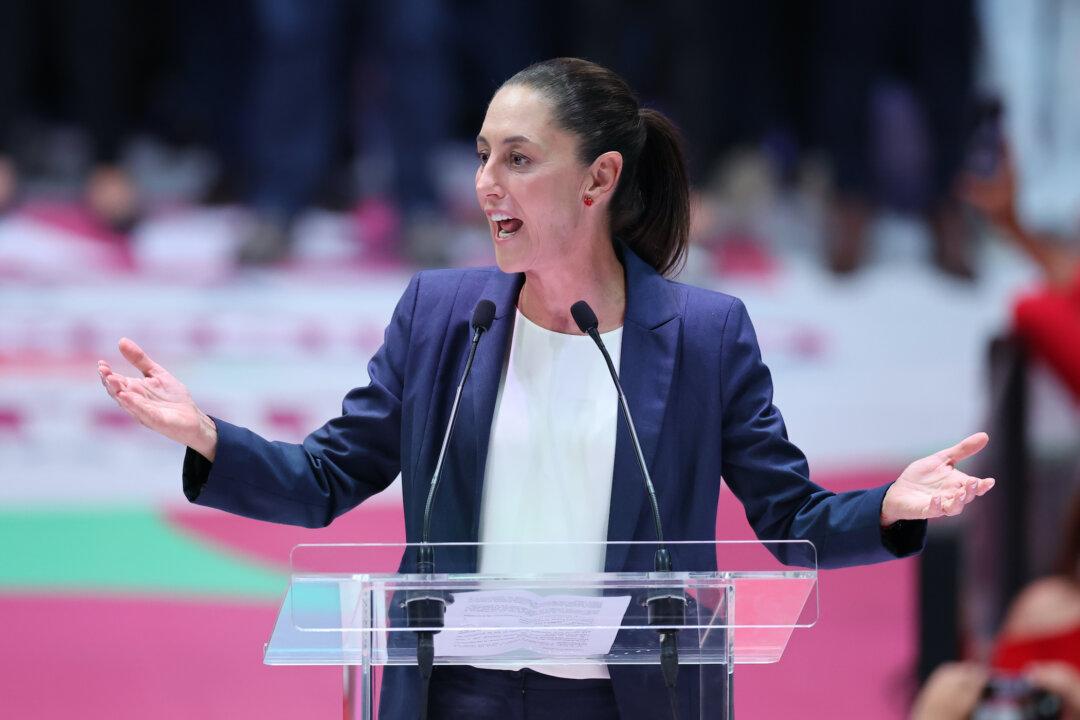Commentary
Proponents of a ballot initiative to spend from $3 billion to $4.5 billion annually advancing electric cars are making a big political mistake going for a tax increase to pay for it. With California spouting annual surpluses of $45 billion-plus, they should have gone for a piece of that action.





